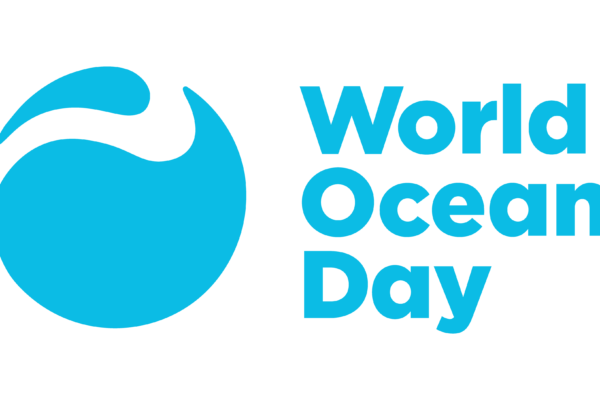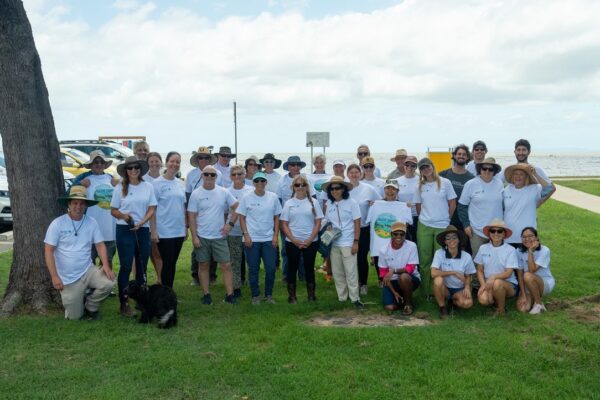With social networking platforms covering the bases of personal expression, current events, pop culture, professional news and trends, and photos (Facebook, Twitter, Pinterest, LinkedIn, Instagram, Foursquare, etc), there is no question that social media has become a necessary tool for organizations’ online communication. What makes this communication technology different from other mediums of info dissemination is the fact that adults recognize youth as experts.
With this phenomenon, professionals have identified a potential link between youth digital literacy and social activism. Commerce and culture expert Patricia Martin asserts that mobilizing Millennials is one of six important cultural trends driven by technology.
This not surprising, considering the finding that the majority of youth use digital and mobile technology according to the Pew Research Center. Underlying this cultural trend is the continuing importance of the families providing support to cultivate and maintain lifelong learning among youth.
Instead of restricting learning to traditional classrooms, we need to reach youth in the settings and environments in which they are already engaging, namely online. In order to determine how youth are using their digital literacy, we must consider the ways in which youth communication has been shaped by these technologies.
To be certain, classroom teachers believe digital media has had multifaceted effects on youth. While teachers perceive entertainment media to have some negative effects on attention and focus, they also recognize significant positive effects on youth academic and social development.
The digital environment has changed teens’ research behavior for the better—teens use the Internet to get their questions answered and they recognize the importance of learning how to distinguish credible resources. Additionally, the Internet provides a wealth of resources for youth to teach themselves about things they’re interested in, including learning how to play an instrument or how to use new creative software.
New Research on Reaching Youth
Here is some recent research from 2012-2013 that suggest a potential for youth to use their digital literacy for social good in addition to personal expression:
Here is an optimistic future in “connected learning,” where young adults use digital media to combine their interests, academics, and peer culture in productive ways in a networked society. One example includes young writing enthusiasts maintaining an online blog without the pressure of school grades but still benefiting from the support of an interactive online community.
Research has shown again that when compelled by what they learn in school, children’s passions for the environment become an important influence in educating parents, too.
Children are not unusual participants in environmental advocacy—they can even help lead large clean energy projects, as demonstrated in Kenyan and British schools.
Youth of diverse ethnic and racial backgrounds care about issues that affect their lives and are willing to take action to impact these issues--41% of youth are already engaged in participatory politics. The YPP offers tools for organizations to help realize youth’s potential influence, as they value control over their political identities.
Some organizations have started to identify ways to connect with youth and have used these insights to mobilize this generation. One cultural institution offers free seats to those who tweet their thoughts during a performance as a creative way to engage younger audiences.
Additionally, scholars recognize the need to support youth activism in civic life by building off their existing engagement. This report summarizes the current knowledge of youth service activism in the digital age and offers promising directions for future research, policy, and practice.
The above examples are only a few from the past year that show organizations engaging youth’s technological fluency. Undoubtedly, this is a critical point to engage those Millennials whose professional future faces a tough economy. Although not all social media fosters social activism, researchers, educators and policy makers can figure out how to take advantage of those online communities that do increase civic engagement. The value of youth organizing has been proven and it is possible for participatory action research to enhance the link between youth digital literacy and social activism.
Future Engagement
A discussion of best practices has already begun -- how does your organization tap the potential of youth digital literacy and social activism?



